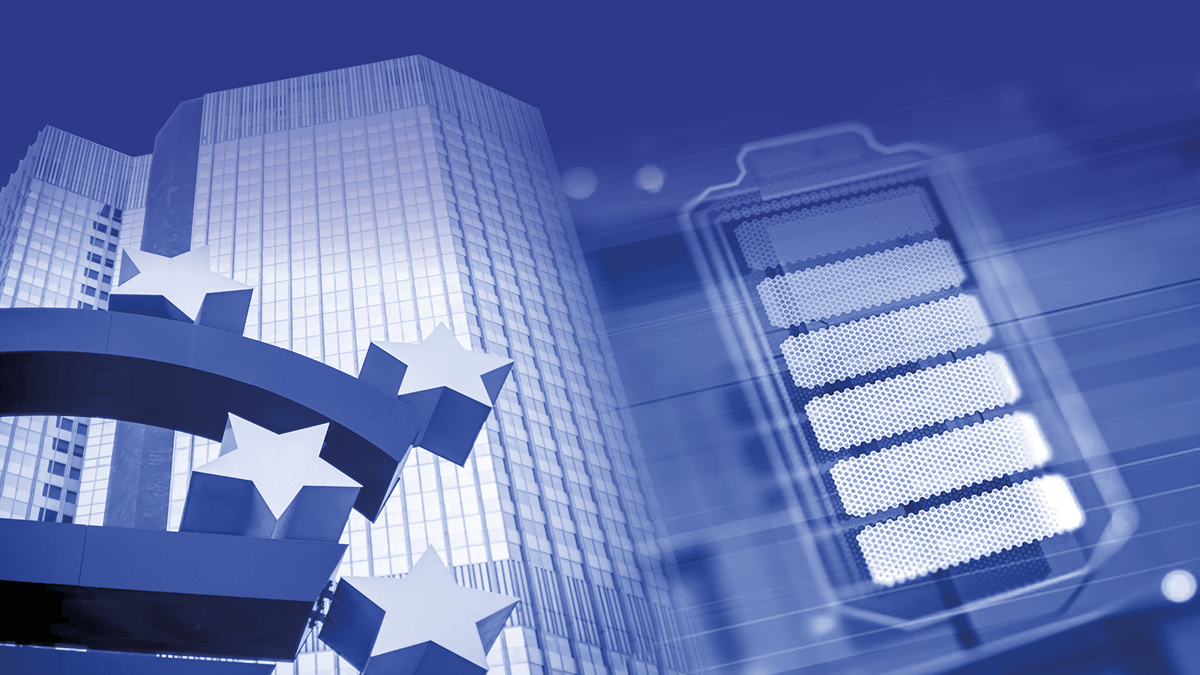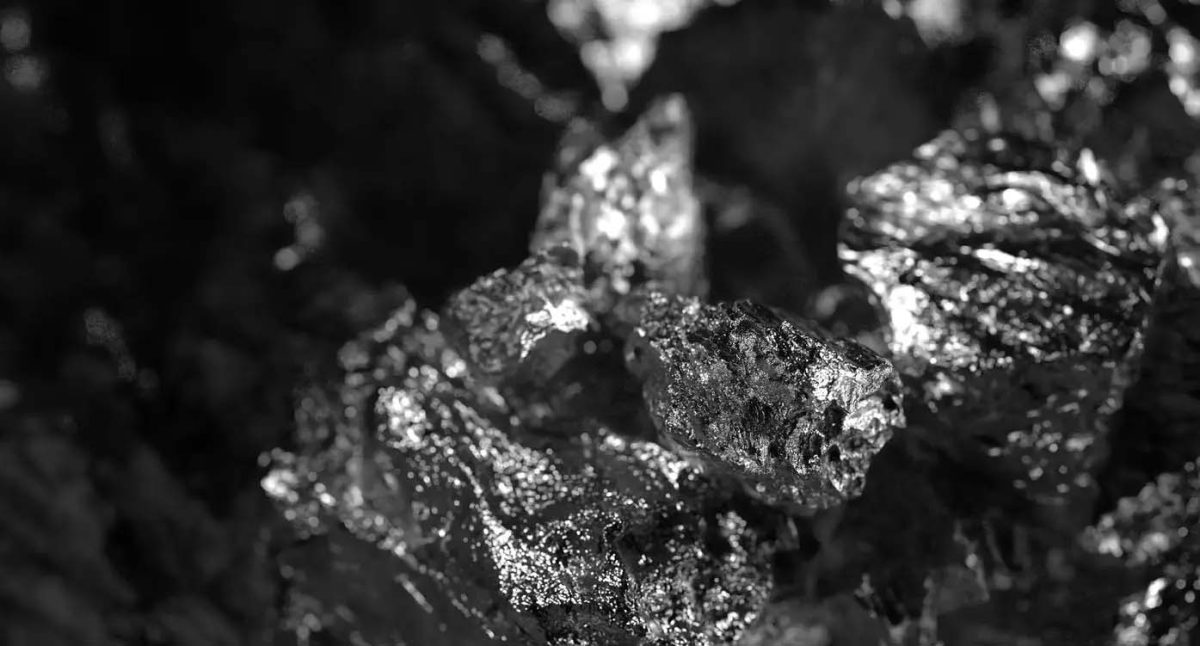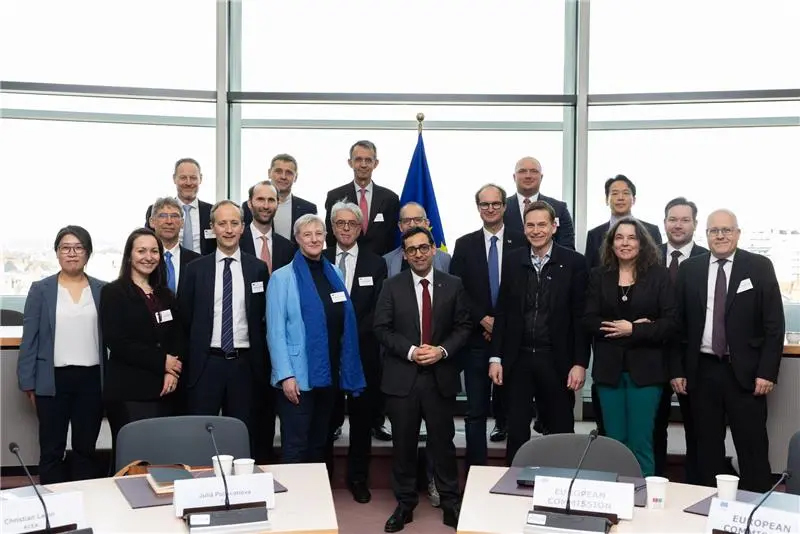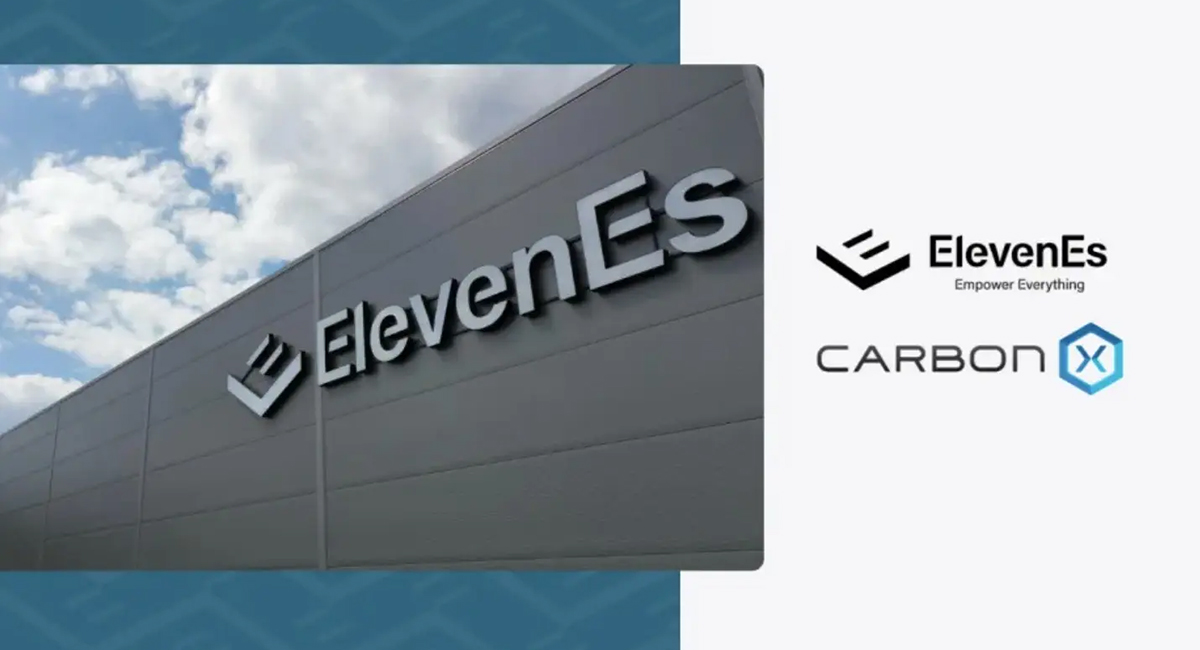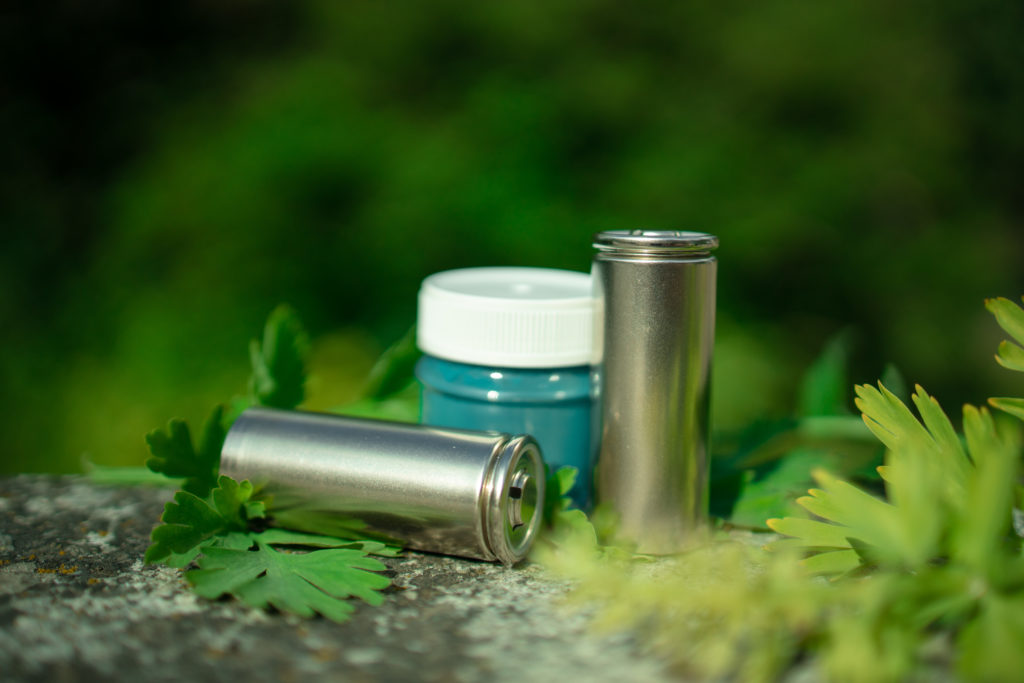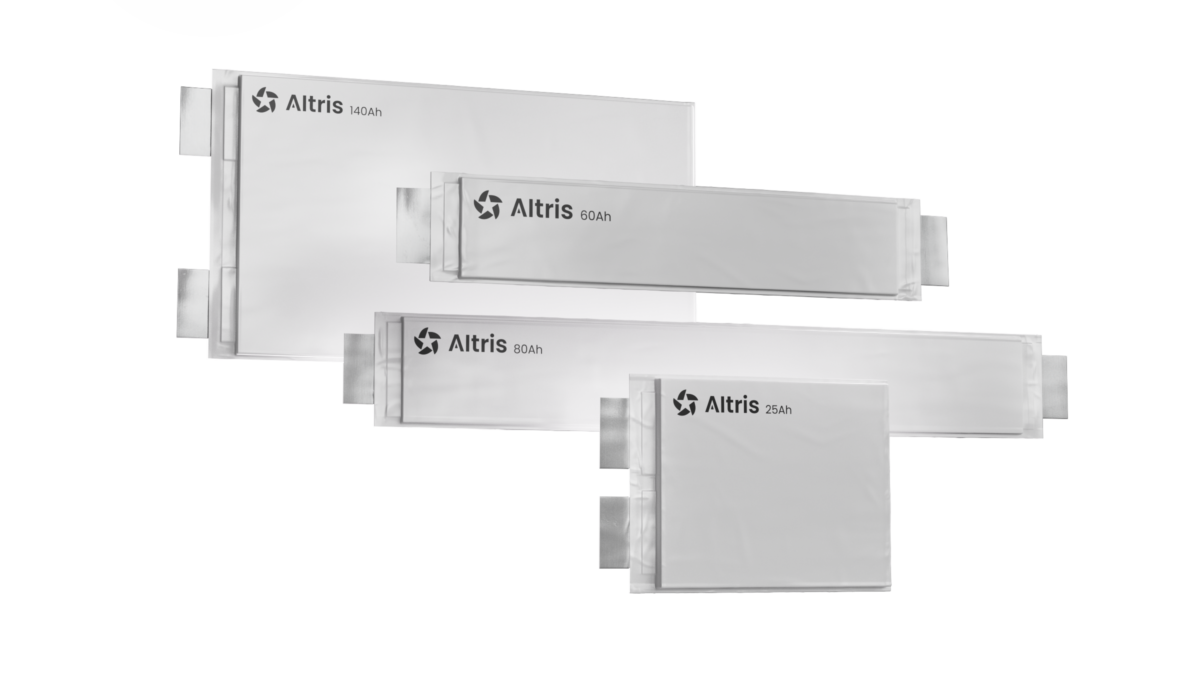
Nov 22, 2023
Strengthening the supply chain for the European battery industry
Last week some small but important steps for more battery materials produced in Europe have been announced.
On November 13, the EU Council and Parliament reached a deal on the proposed regulation establishing a framework to ensure a secure and sustainable supply of critical raw materials, the so called Critical Raw Materials Act. The proposal for the Critical Raw Materials Act was presented in March of this year and addresses supply chain vulnerabilities with proposed targets for domestic production and diversified supply chains.
The provisional agreement keeps the benchmarks of 10% for extraction of raw materials, 40% for processing and not more than 65% sourcing from a single third country but increases the benchmark for recycling to at least 25% of EU’s annual consumption of raw materials. In addition, there should be substantial increase on the recovery of raw materials present in waste.
Compared to the original proposal, one additional material was added to the lists of critical raw materials, aluminum. In addition, the large dependency of Europe on anode material was acknowledged by adding synthetic, next to natural, graphite as a strategic raw material during a period of three years, until the Commission makes the first revision of the list.
The Act will be formally put to the vote in the Committee on Industry, Research and Energy on December 7.
The ambition level and timeline for the adoption of the European Critical Raw Materials Act are good news for the establishment of a more resilient supply chain for the European battery industry, even if more direct incentives and funding are necessary to meet those ambitious targets.
And some Member States show that this can be done already.
Last week the Spanish Ministry of Industry approved the allocation of 18,8 million euros from NextEu Generation Funds for the construction of Extremadura New Energies’ lithium hydroxide production plant, located just beside their own underground mine. This industrial integrated project, based in Cáceres (Spain), has the ambition of producing more than 33.000 tons per annum of Lithium Chemicals for the Cathode Industry, with a total investment of 1.43B€ and an expected production life of 26 years. Only this project will allow the fabrication of batteries for almost 900.000 electric cars every year.
The demand for critical raw materials will continue to grow with transition to a digital and electrified society. The green transition currently depends on the resources identified in the Critical Raw materials Act – it is therefore paramount to increase efforts for other materials that can substitute or ease the demand for the current critical materials. One such example is the Swedish company Altris that develops batteries made on the basis of abundant raw materials, eliminating the need for conflict minerals or toxic elements like nickel and cobalt, so called sodium-ion batteries. The development of sodium-ion batteries took a giant leap with Altris having achieved a remarkable milestone by unveiling a sodium-ion battery cell with an extraordinary energy density of over 160 Wh/kg. This achievement marks a significant leap forward in the realm of sustainable energy storage and is an important step to diversify Europe’s portfolio of battery chemistries
Read more about the Altris news in Swedish here
More EBA250 news
Last week, the European Commission published the Clean Industrial Deal State Aid Framework (CISAF),…
We are pleased to welcome Emma Nehrenheim as new Managing Director of the European…
As Europe’s battery cell manufacturers face increasing competitive pressure, EBA250 remains actively engaged in…
InnoEnergy, the driving force behind the EBA250 initiative, introduces today its new brand identity,…
The new EU-funded facility will enhance global raw materials partnerships and access to Critical…
Last week, InnoEnergy and EBA250 represented the battery value chain in Brussels alongside Verkor…
ElevenEs, a European LFP lithium-ion battery manufacturer, has signed a Joint Development Agreement with…
The European battery industry has come a long way since the launch of the…
The 2024 Innovation Fund calls for proposals have been launched this week, with a…
Altris, a pioneering Swedish developer of sodium-ion battery technology, has reached significant milestones that…
